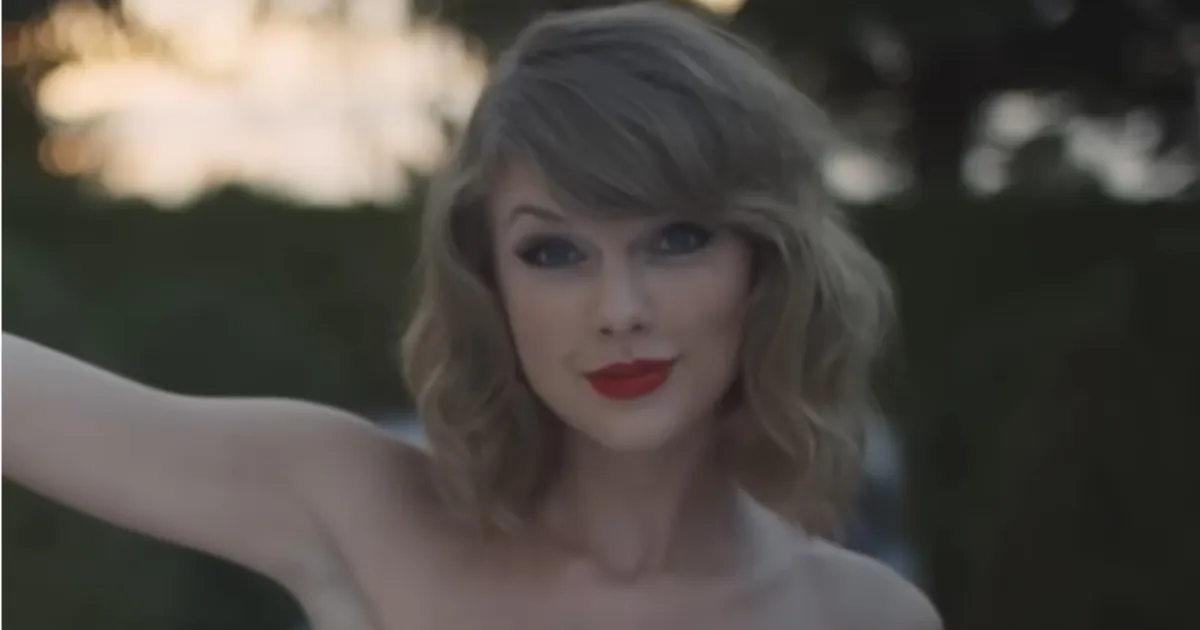What if an average college professor inexplicably invaded the fever dreams of strangers and acquaintances alike, his benign visage transforming overnight from anonymous normie to reluctant internet phenomenon? Such is the oddball premise of Kristoffer Borgli’s cringe-inducing satire “Dream Scenario,” which proves sporadically sharable in its awkward amusement yet ultimately suffers from a lack of narrative cohesion.
When the aptly named Professor Paul Matthews (Nicolas Cage) begins materializing in anxiety nightmares and surreal visions without context, his initial curiosity curdles into horror as the dreams turn violently macabre. Yet while Borgli and Cage nail the squirm-inducing humor of viral notoriety, the film itself explores its strange scenario mostly in superficial sketches rather than plumbing any meaningful psychological depths.
As Paul the Accidental Influencer, Cage leans into his signature weirdness with endearing innocence, his familiar freakiness inverted since Paul himself remains obliviously vanilla. With his slovenly sweaters and doughy physique, Cage disappears into one of his most pathetic everyman roles, his voice reaching Fran Drescher levels of nasal whining. Yet his dedication to capturing Paul’s sputtering anger and directionless confusion still earns empathy for this unwitting social pariah.
Dream Scenario loosely grazes against commentary on cancel culture and meme-fueled phenomenon in its DNA. But its satirical swipes at groupthink rage mobs feel toothlessly generic, lacking any coherent viewpoint to substantiate the references. And while Borgli’s chaotic editing and ominous atmosphere craft disquieting moods, the film rarely coalesces into truly resonant scenes, instead remaining content to simply bask in the momentary curiosity its quirky premise generates.

Of course, the singular Cage deserves immense credit for losing himself so utterly in such an ingloriously average character while still flexing his eccentric chops. Moments of vintage Cage-rage emerge just often enough to satisfy fans, even as he buries his familiar mania beneath flop-sweat desperation. And the film itself certainly earns points for daring something so weirdly specific at a time when Hollywood sticks to safer formulae.
Yet the lackluster story fails to meaningfully explore the implications of its inspired concept, wasting the opportunity to exam the notion of Jungian collective unconsciousness and the deeper questions embedded within shared dream symbolism. Had Borgli woven even modest insight or character development into this slender narrative, perhaps Paul’s journey from anonymity to infamy could have resonated beyond the shallow end of the meme pool. Instead, Dream Scenario remains as superficial as many of the late-night visions it depicts, a series of odd and awkward moments that never cohere into anything revelatory.
Much like Paul himself, Borgli’s film is a ephemeral phenomenon – superficially amusing in fragments yet ultimately unmemorable, failing to transcend its disposable premise. It offers little more than a glimpse into the feverish chaos of viral notoriety, where meaning and morality become obscured within the distortion lens of hyperbole and hysteria. What begins as a promising plunge into the abyss of Jungian theory and collective consciousness rapidly devolves into a series of haphazard blackout gags.
And that scattered randomness proves the most frustrating quality of Borgli’s film. Because within its kaleidoscopic array of oddities exist traces of transcendence – strands of insight it fails to meaningfully braid together into resonant themes.

When Paul first appears in people’s dreams, we witness how his sudden micro-celebrity warps social dynamics and interpersonal relationships. His wife Janet, played wonderfully by Julianne Nicholson, initially revels in the attention her previously ignored spouse attracts, until she sees how it fuels his worst impulses and exposes their marital vulnerabilities.
Meanwhile, Paul’s colleague sees his viral notoriety as a vehicle to piggyback his own career advancement. And various acquaintances try leveraging his phenomenon for personal gain, like the student who goads him into reenacting one of her sex dreams for blackmail.
In scenes like these emerge thoughtful reflections on the corruptive influence and ethical complexities tied to overnight internet stardom. The film gestures toward relevant cultural issues around fame, notoriety, persona projection, and the warped funhouse mirror social media holds up to identity and relationships.
Yet after introducing these compelling concepts, the film fails to develop them beyond superficial sketches and disconnected vignettes. Borgli lacks either the discipline or insight to expand upon the implications of his inspired premise. And the editing often loses momentum by cutting abruptly between scenes right when emotional investment forms.
While the horror elements and violent dream sequences supply creepy atmosphere, they also feel randomly inserted without purpose. The chaos overwhelms rather than complements any subtle social commentary, until the entire film feels as aimless as its befuddled protagonist wandering through strangers’ visions.
Of course, the singular Cage provides emotional ballast even as chaos reigns around him. And flashes of Borgli’s brand of dark absurdity offer sporadic amusement for those attuned to his wavelength. But with such a ripe comedic concept embedded in its DNA, Dream Scenario feels like a missed opportunity. What could have been a thought-provoking, visually inventive trip down the rabbit hole of internet phenomenon and morality instead devolves into a series of disjointed blackout gags and wasted potential.
Dream Scenario offers sporadic amusement but lacks the narrative cohesion or thematic insight to achieve enduring resonance. While the singular Nicolas Cage deserves immense credit for disappearing so utterly into anonymity, Borgli himself gets lost chasing viral notoriety down a disjointed rabbit hole of provocative concepts introduced yet scarcely developed. Flashes of brilliance emerge courtesy of Cage’s dedicated performance and Borgli’s trademark awkward humor. Yet the film too often loses momentum by cutting abruptly between scenes right when emotional investment forms.
The result makes for a occasionally cringe-inducing experience so random as to almost feel like channel surfing through someone else’s anxiety dreams. Credit to Borgli for daring something so defiantly weird in a risk-averse Hollywood climate. But his inspired concept ultimately feels more meme than meaningful cinema, failing to develop the richest implications of its surreal scenario. He offers the blueprint for biting social commentary interwoven with Jungian theory on the collective unconscious. Yet the final film itself plays like a series of half-formed ideas that never fully solidify into resonant insight.
Rating: 2.5 out of 5 Stars
By failing to braid its myriad strands of potential into a satisfying narrative tapestry, Dream Scenario wastes the daring originality of its inspired concept. It proves an intriguing curiosity piece for Cage completists or devotees of awkward humor. Yet its scattered nature and lack of thematic cohesion leave it feeling disposable. Borgli may have fertile ideas and a boldly weird vision. Yet until he masters the discipline to organize his surreal ideas into resonant stories, he seems doomed to keep crafting the cinematic equivalent of fever dreams – vivid in the moment yet difficult to recall once the lights come on.


























































![Mason Ramsey – Twang [Official Music Video] Mason Ramsey – Twang [Official Music Video]](https://i.ytimg.com/vi/xwe8F_AhLY0/maxresdefault.jpg)













.png)






